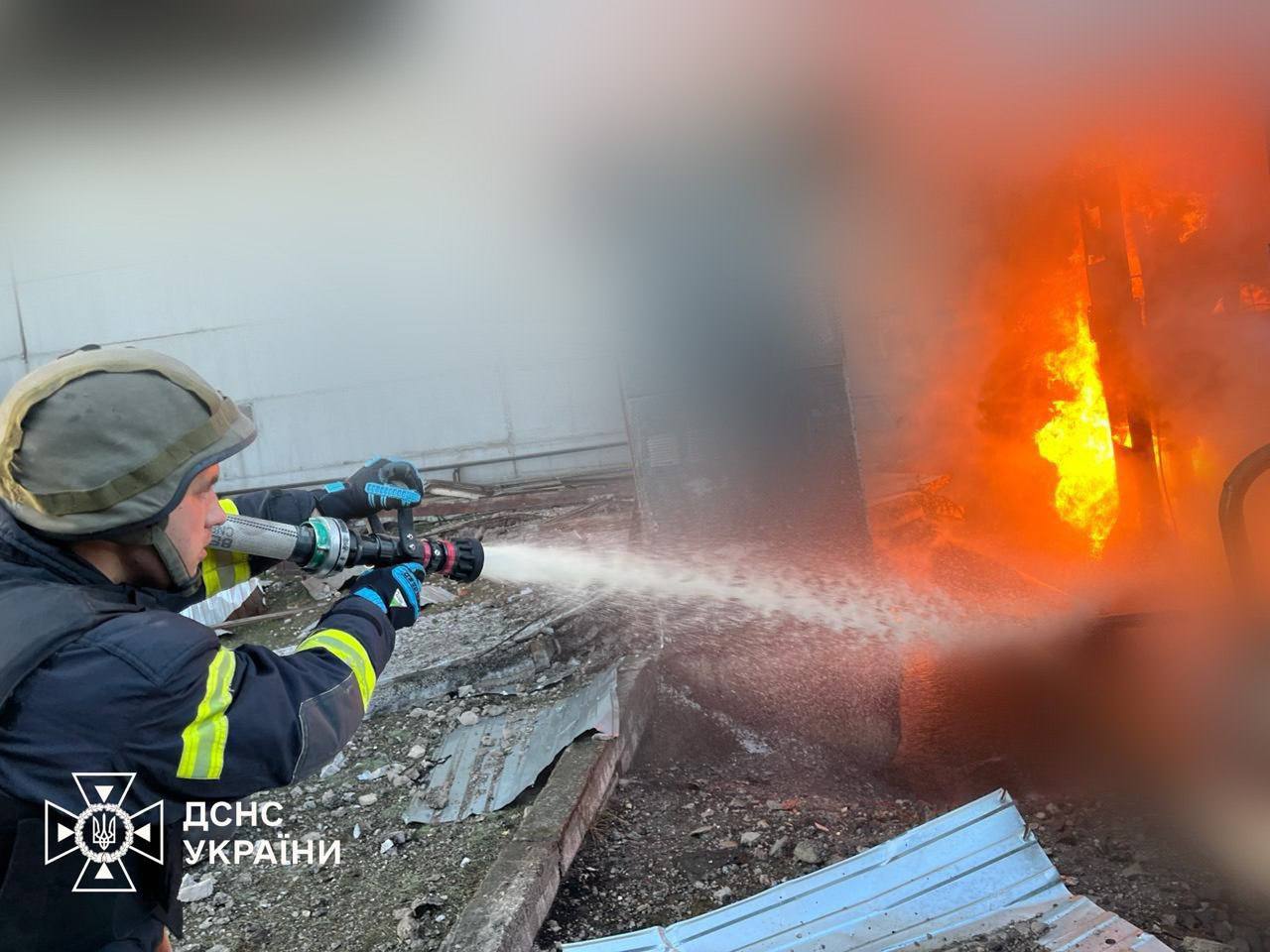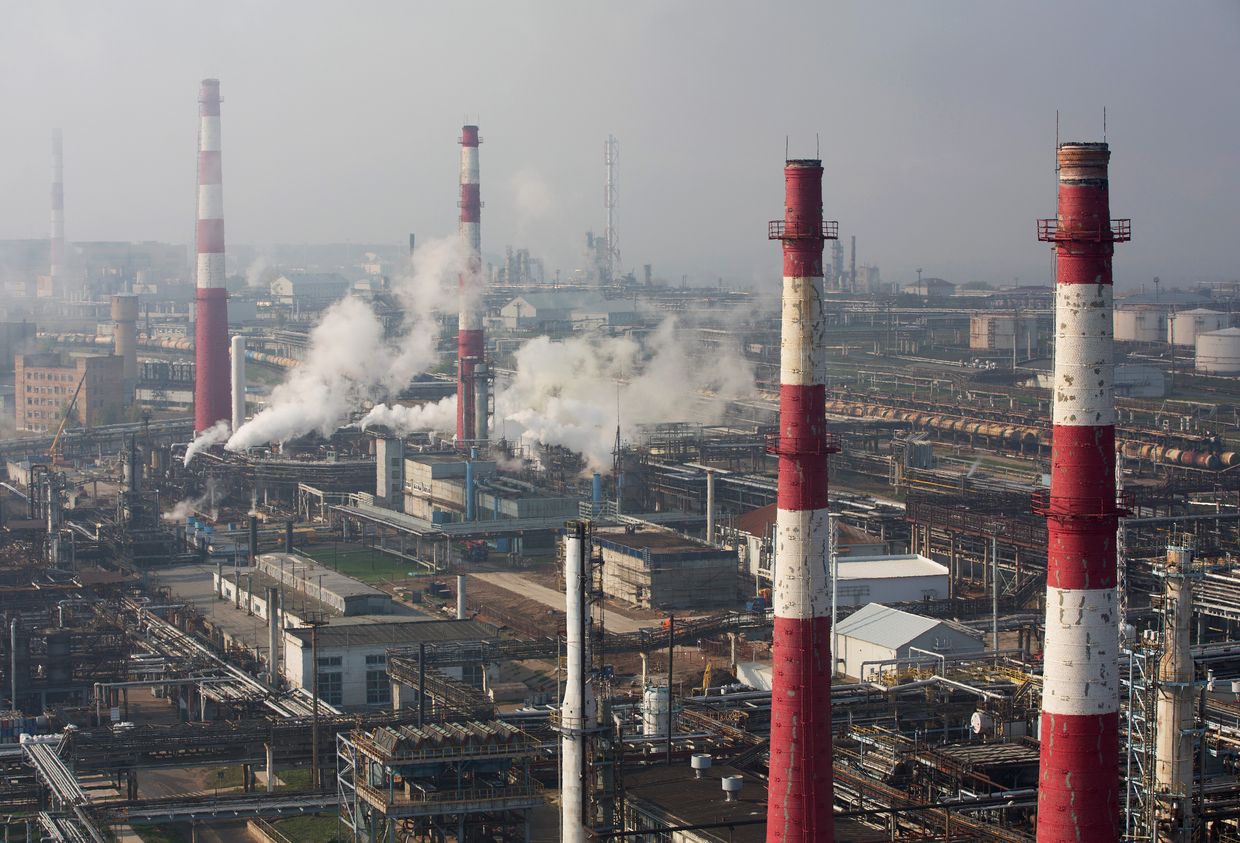Putin claims Russian attacks on Ukraine's infrastructure 'response' for strikes on Russian energy facilities

Editor's note: The article was updated with additional context on Russian attacks against Ukraine's energy grid in late 2022 and early 2023.
Russian dictator Vladimir Putin claimed that the large-scale strikes against Ukraine's energy infrastructure are "a response" to the attacks on Russian energy facilities, Russian state-controlled news agency Interfax reported on April 11.
Moscow has recently intensified its missile and drone strikes against Ukraine's critical infrastructure, destroying several thermal power plants across the country, including the Trypillia plant, the main electricity supplier to Kyiv, Zhytomyr, and Cherkasy oblasts.
In March, attacks reportedly damaged or completely destroyed 80% of the thermal generating capacity of DTEK, Ukraine's largest private energy company.
Over the past month, Russian forces reportedly launched over 400 missiles, 600 Shahed-type drones, and 3,000 guided aerial bombs.
Back in early October 2022, Russia launched a months-long series of missile and drone attacks against Ukraine’s energy infrastructure, leading to blackouts amid freezing temperatures and reportedly damaging half of the country’s energy system.
They were not preceded by any Ukrainian attacks on Russian territory.
Putin called the Russian strikes part of the so-called "demilitarization" process as they affect Ukraine's defense industrial complex, he claimed.
"Unfortunately, we have seen a series of strikes on our power facilities recently and have had to respond," Putin said during a meeting with Belarusian dictator Alexander Lukashenko in Moscow.
Ukrainian forces have launched a series of drone strikes aimed at damaging Russia's oil industry. A total of 12 Russian oil refineries were reportedly successfully hit in multiple regions deep inside Russian territory as of March 17.
Reuters estimated that these attacks forced Russian refineries to shut in about 14% of their capacity in the first quarter.
The Financial Times reported in March that the U.S. warned Ukraine to stop attacking Russian oil refineries, allegedly out of concern that strikes could raise global oil prices. U.S. Secretary of State Antony Blinken said on April 2 that Washington has "neither supported nor enabled strikes by Ukraine outside its territory."
President Volodymyr Zelensky said that targeting Russian oil and weapons facilities is a legitimate military strategy and that Ukraine has a right to use its own weapons for self-defense.















